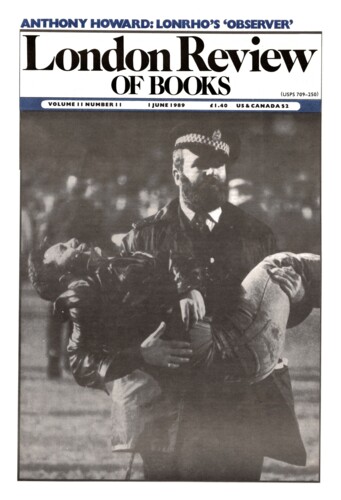Helio-Hero
J.E. McGuire, 1 June 1989
Nicolas Copernicus’s reform of astronomy delivered a formidable blow to our sense of self in nature. In its effects, Copernicanism probably affected human consciousness more deeply than Darwinism. Published in 1543, On the Revolutions of the Heavenly Spheres argued that our earthly globe is not the unique and motionless centre of the great cosmic sphere. Only a hundred years later educated Europe believed that the Sun is the central linkage around which the Earth and the other planets revolve, and that observed changes in the positions of the Sun, the Moon and the distant stars result from the Earth’s motion alone, and not from the motion of a huge starry sphere whirling around a fixed Earth. This reform shattered once and for all a comforting and enduring picture of our place in the cosmic scheme of things. In this scheme, first proposed by Aristotle in the fourth century BC, everything has a place in an ordered hierarchy. The heavenly spheres are immutably nested one within the other, and each carries one of the heavenly bodies (e.g. Sun, Moon and planets) in circular motion around the fixed Earth placed at the geometrical centre of the cosmic sphere. In the terrestrial region (the region below the Moon’s sphere) air and fire, if not prevented, move naturally upwards towards their natural places: in contrast, the elements of earth and water move directly downwards. According to Copernicus, however, the Earth hurtles through space, wheeling around its axis as, in company with the other planets, it encircles the Sun. This meant that the planets, the wandering stars, were now downgraded to the level of the mundane Earth; or, put differently, the Earth itself was now a wandering star. Either way, the distinction was broached between the perfection of the heavens and the imperfection of the terrestrial realm. In consequence, some perennial questions were raised anew: what is man’s place in the scheme of things? Does nature exist for the sake of man? Is there any intelligible order to be found in the cosmic scheme? And how is the Earth’s motion to be reconciled with Scripture, experience and tradition?

